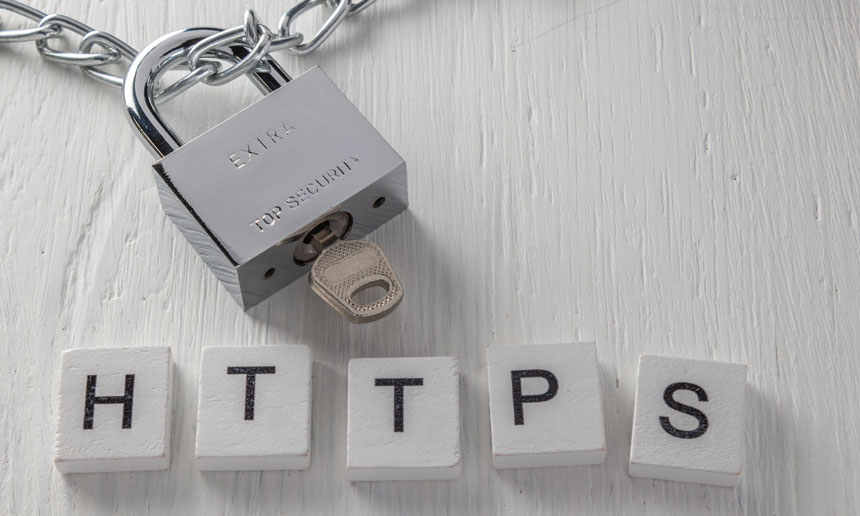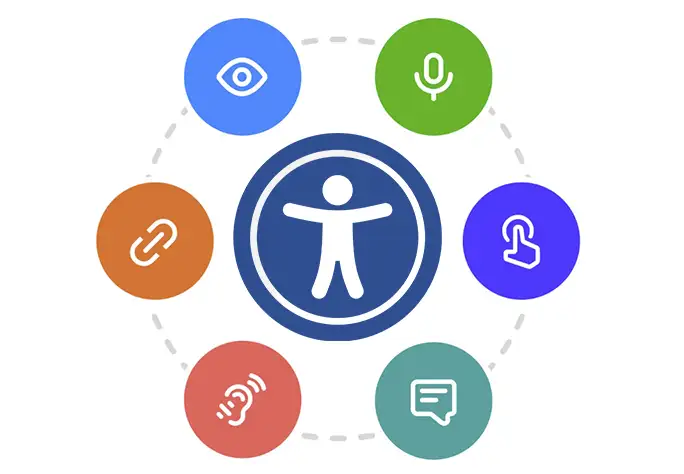In this age of the Internet, the way businesses function and consumers react have changed a lot. So has the concerns for the security around their interaction online. Many of the identity theft protection services providers have confirmed the rise in the numbers of identity thefts happening lately. If you too are a business with an ecommerce site, it is imperative that you take measures to not only protect your business, but also the consumer data that you collect over time.
It isn’t always easy to fight the data thieves of today who are on the lookout for stealing valuable data from organizations only to sell it further in the black market. They consistently come up with new kinds of cyber codes to tap into your hardware and software for that purpose. That said, if you’re serious about protecting your e-commerce business and your consumers, one place to start would be to start using SSL (Secure Sockets Layer) certificates.
What is an SSL Certificate?
If you’ve been staying up-to-date with the terminologies of the internet world, chances are that you know already what an SSL is. For those who are new to this term, SSL is an electronic protocol that ensures the security of online communications over computer networks. The way it does this is by checking whether the online content is being delivered by and to a verified sender or receiver. For example, let’s suppose that you’re dealing with one of the leading e-commerce sites of today, eBay. SSL would, in that case, ensure that you are indeed on EBay’s site and not someone else’s.
The secret to the efficiency of SSL is the fact that not everyone can get SSL installed that easily on their website. Business owners have to undergo a series of serious vetting before they are able to install SSL on their website and get connected to a secure web server.
How Can Consumers Tell if a Website is Certified?
Today, most consumers transact online. They buy things and deal with online payment gateways almost on a daily basis on the internet. In a situation like this, each and every online user would want to know for sure that the data they’re dealing with is safely encrypted to keep it away from the hands of cyber stealers. In other words, they would want to be sure that the company they’re doing business with has made proper arrangements for security on their website.
Why Your Small Business Needs an SSL Certificate?
In most of the modern browsers, in fact, in all of them, the address bar would look green when visiting a web page that has SSL certification. The green color showcases the high level of security that the page comes with. This kind of vetting is also called Extended Validation.
In some cases, one would also see a tiny padlock appear on the browser bar, mostly on the left-hand side. If the padlock symbol is missing or broken, then it’s a clear sign that the website is devoid of an SSL certification. In case you want to know the kind of certification a particular web page has, you can simply click on the padlock sign. It’ll open a popup window for you, with all the information around the level of security that particular web page or company offers to its customers or users.
Sometimes, web pages will also have an SSL image on them. You’ll find these at the bottom of the web pages more often. That’s another way to highlight whether the page has a higher level of vetted security on it.
An easy way of finding out whether the website you’re on has a valid SSL certification is to check whether it has a URL that starts with “https”. Hypertext Transfer Protocol or https is an online data transmission system and the “s” at the end of it is what denotes security.
Now, the levels of certifications being offered by these certification authentication companies of today are all a little different from each other. Most of it usually depends on your web hosting provider as well. That said, almost all of them offer standard as well as extended certifications along with other value adds.
Naturally, as a business owner, you must do your research to find the best suitable CA (Certification Authority) for your business. You can always find out a lot about these authorities reading online reviews or recommendations. You can also ask for references from your business contacts and vendors and get to know more about their experience to form your own informed opinion and then take a final decision. No matter what, take out the time to visit a few websites yourself to check these certificates.
Once you’re done with the above and have decided on a CA, all that’s left to be done is to send them a request for certification and make the appropriate amount of payment to them. In most cases, the CA would go through their own verification process and take some time to approve your application for the certificate. Sometimes, the whole process can take as less as an hour, like in the case of Digitizer. At the end of the day, it all depends on the size and complexity of your business and the type of SSL certification you’ve applied for. As soon as the approval is done, you can almost immediately install your certificate and start connecting with your online users via safe and secure web protocol.
What Are the Advantages and the Disadvantages of SSL Certification?
The main advantage of an SSL certificate is that your customer will have the trust on you while dealing with you on the internet. An SSL certified website goes a long way to showcase your sense of seriousness as a business when it comes to the safety of user data and how you want to protect them from potential data thefts.
The only disadvantage, that too for only a few, is the fact that businesses have to incur an additional cost to install SSL certificates. Though these days, many of the CAs offer pocket-friendly certifications as well, catering to not only the big business out there, but even the small business owners who are simply starting with their online presence.
What Google Says
“Over the past few months, we’ve been running tests taking into account whether sites use secure, encrypted connections as a signal in our search-ranking algorithms. We’ve seen positive results, so we’re starting to use HTTPS as a ranking signal.”
Clearly, Google has taken cognizance of the growing need for secure online interactions and hence has begun considering https as one of the ranking signals. Initially, the weight assigned to this new ranking signal would be pretty less as compared with the others, such as high quality content and no plagiarism, but in days to come, they do expect it to become more and more critical.
Some of the internet gurus have even gone to the extent of calling it a big disadvantage for those companies who decide not to invest in a SSL certificate as compared to those who do.
Are You Ready to Make the Switch to HTTPS?
We hope that it’s clear by now that if you’re an e-commerce business owner, it is essential for you to have secure connections for all online transactions happening on your website. In some cases, even those businesses that do not sell online must have the capabilities of offering a secured connection to let their customers or employees access proprietary data online without the fear of losing it to cyber thieves. In any case, an SSL certification becomes must for most of the businesses today.
What do you think the customer of today will choose, to deal with a web page that is SSL certified or the one that isn’t? After all, who wouldn’t want to be able to use the internet without the fear of compromising their data online? From this stand point, SSL certification seems to have only advantages on its side.
Let’s connect for FREE advice regarding an SSL Certificate.




